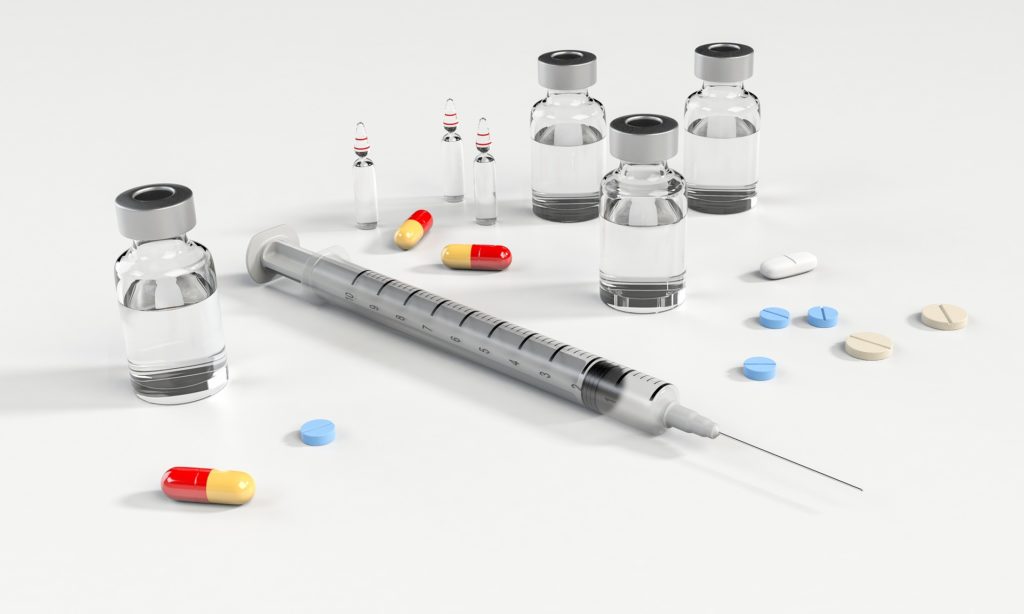Research suggests that vitamin D may help lessen serious health complications among coronavirus patients.
Researchers from Trinity College Dublin, the University of Liverpool and the Irish Longitudinal Study on Ageing (TILDA) have been studying the relationship between vitamin D levels and COVID-19 mortality rates. In their studies, they have found that vitamin D helps support the immune system through a number of pathways involved in fighting the virus that causes coronavirus, SARS-CoV-2.
“Whereas there are currently no results from randomised controlled trials to conclusively prove that vitamin D beneficially affects Covid-19 outcomes, there is strong circumstantial evidence of associations between vitamin D and the severity of Covid-19 responses, including death,” said Professor Rose Anne Kenny of Trinity College, who co-authored the paper with Dr Eamon Laird.
Countries like Norway, Finland and Denmark, which have higher vitamin D levels due to their supplementation and fortification of foods, have recorded lower COVID-19 infections and deaths.
Another study by Northwestern University in the US has a similar result. Their research showed a strong correlation between vitamin D deficiency and cytokine storm, a health complication that is brought on when the immune system goes into overdrive. This overdrive causes immune cells to attack the virus aggressively and results in hyperinflammation, which can be incredibly harmful and even cause death. This is a common COVID-19 complication.
“Cytokine storm can severely damage lungs and lead to acute respiratory distress syndrome and death in patients,” said Ali Daneshkhah, a postdoctoral research associate at Northwestern’s McCormick School of Engineering. “This is what seems to kill a majority of Covid-19 patients, not the destruction of the lungs by the virus itself. It is the complications from the misdirected fire from the immune system.
“Optimising vitamin D intake to public health guidelines will certainly have benefits for overall health and support immune function,” said Dr Laird. “Research like this is still exploratory and we need further trials to have concrete evidence on the level of vitamin D that is needed for optimal immune function.”
Image: Pixabay

